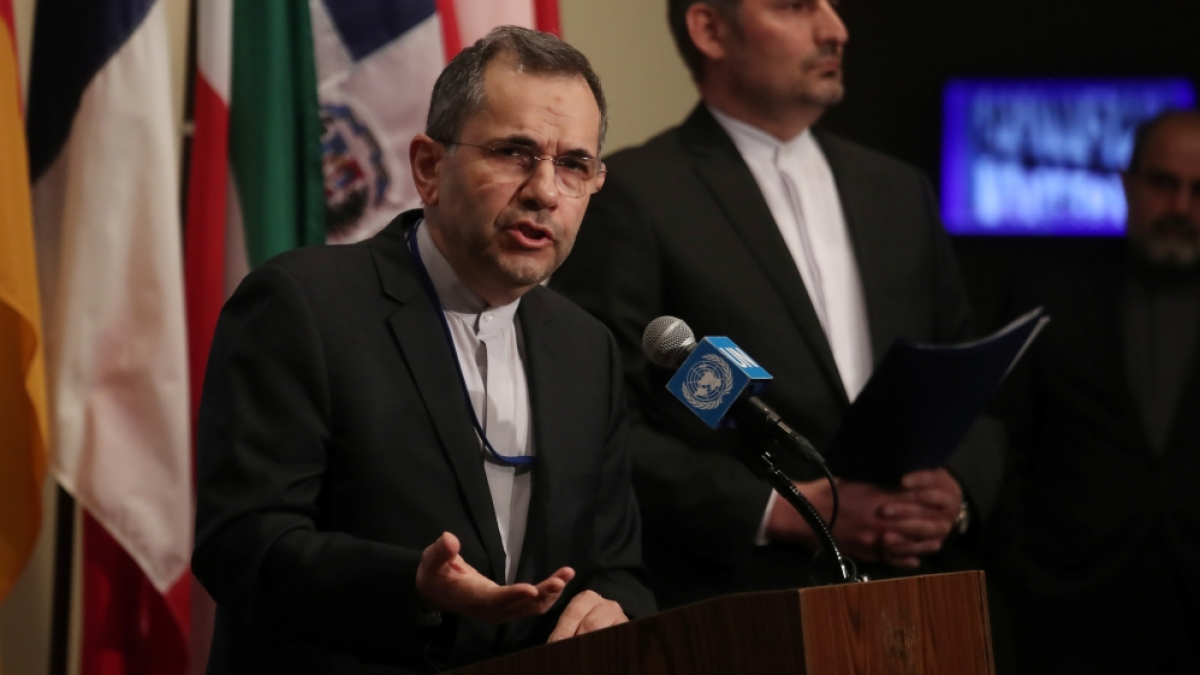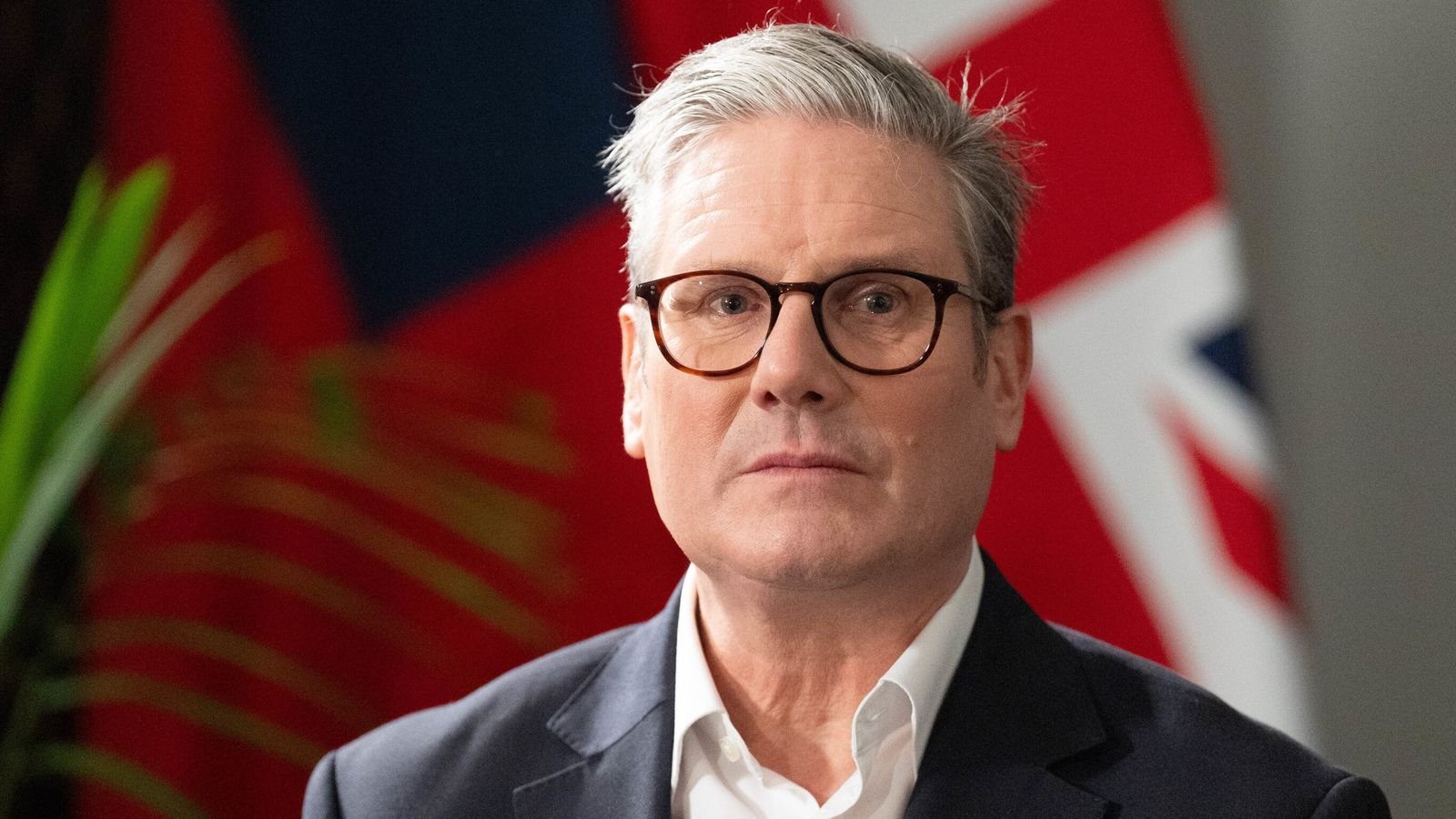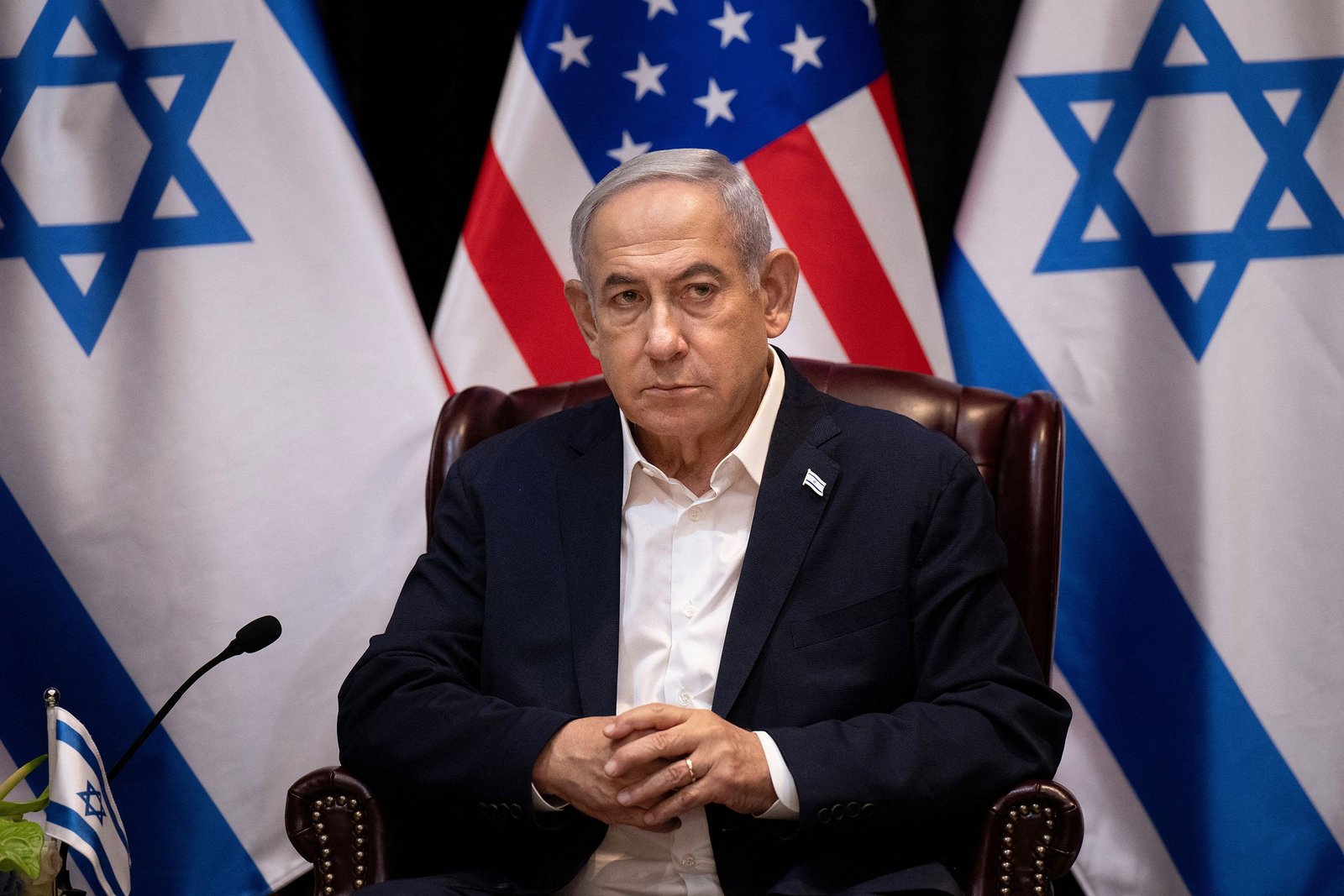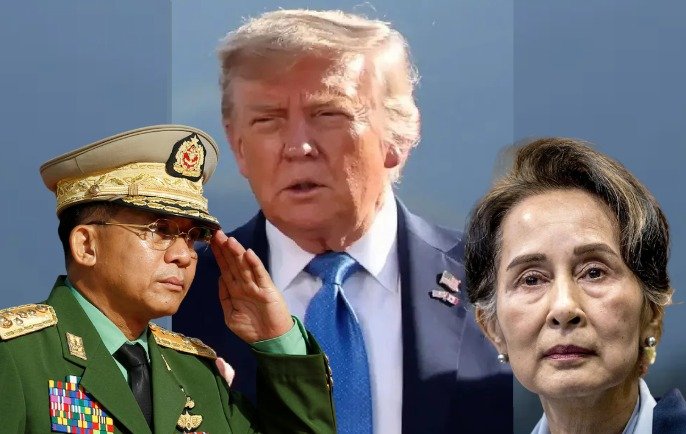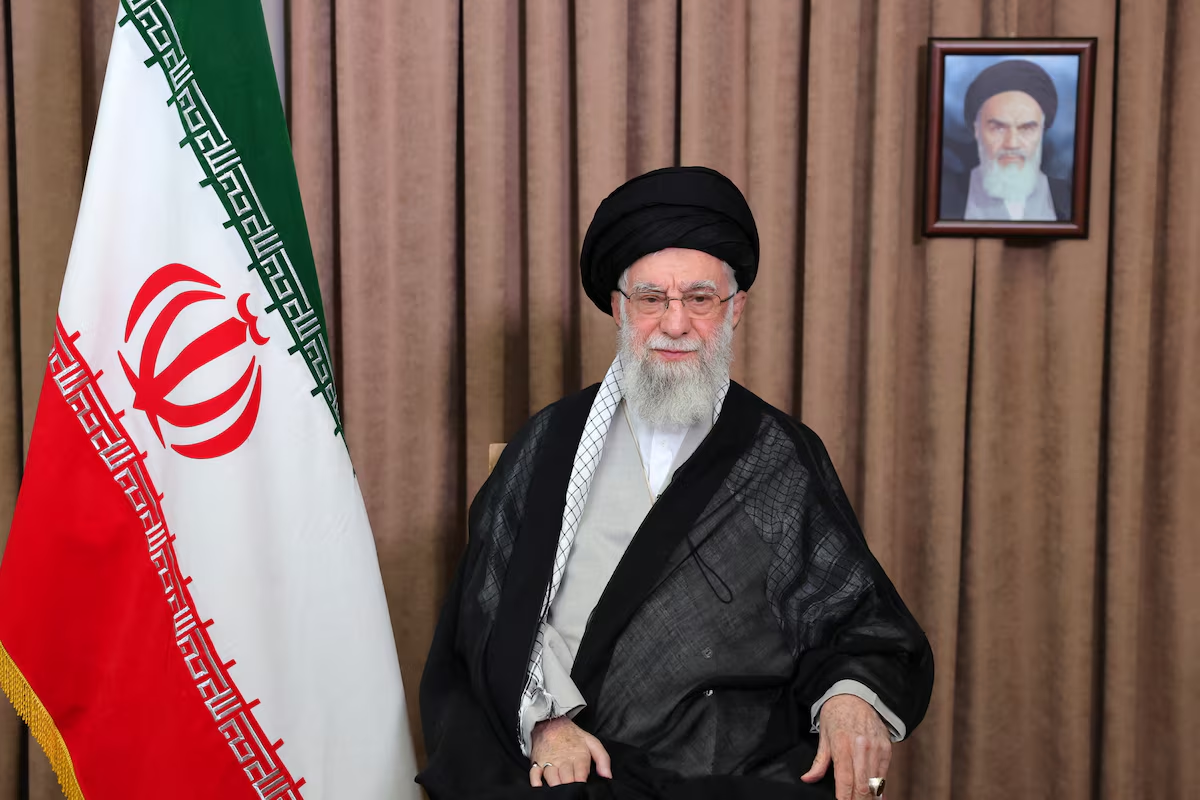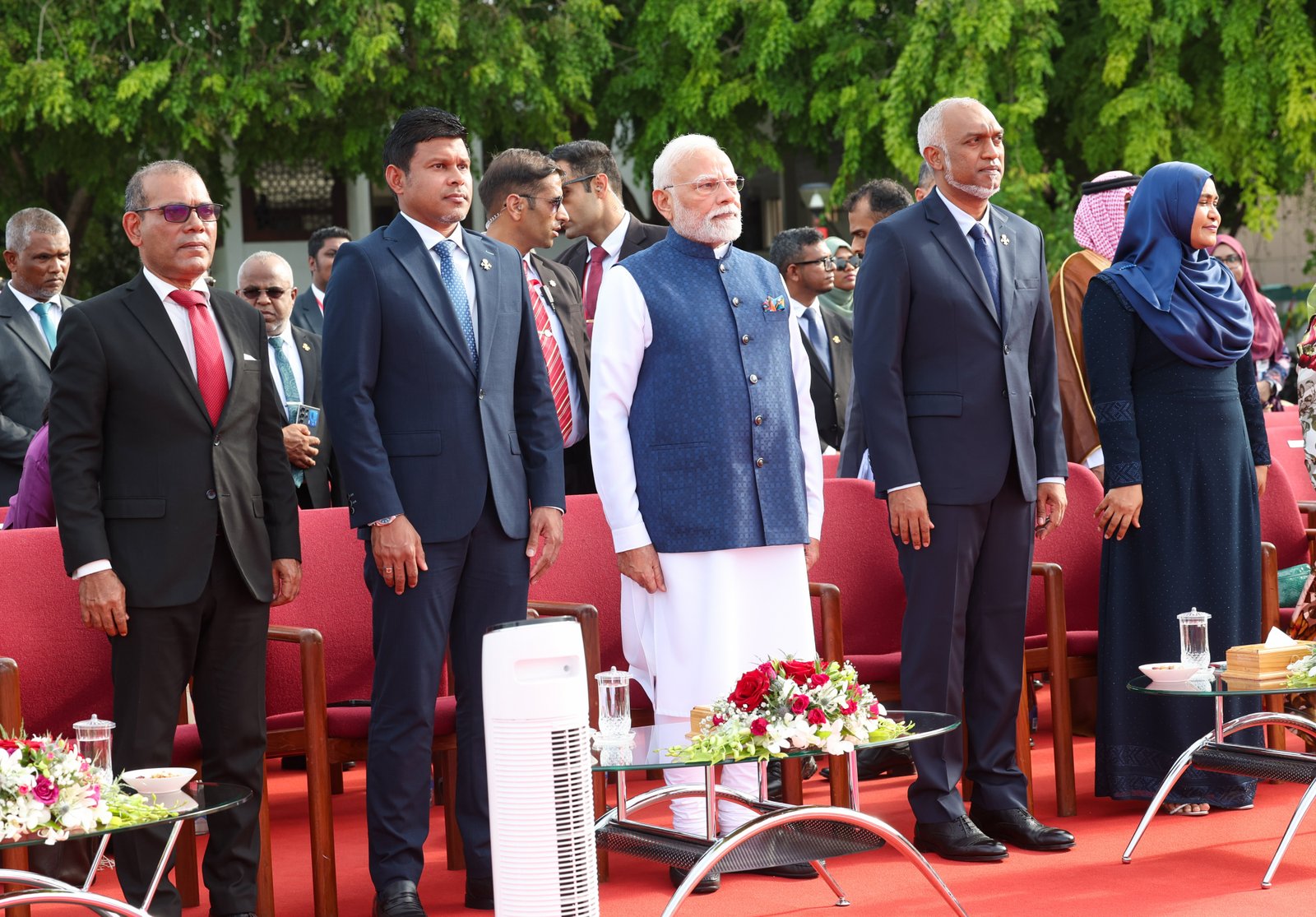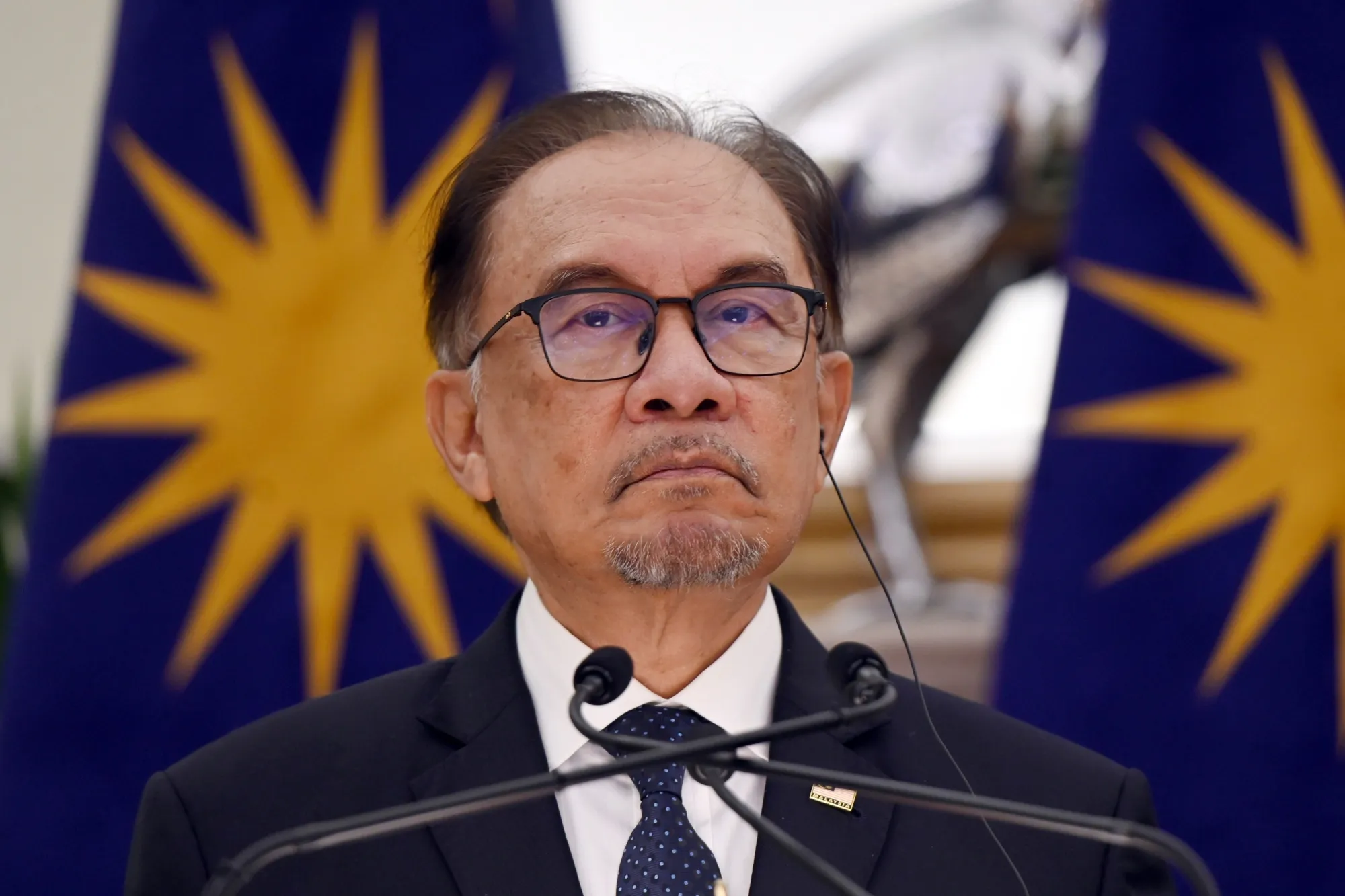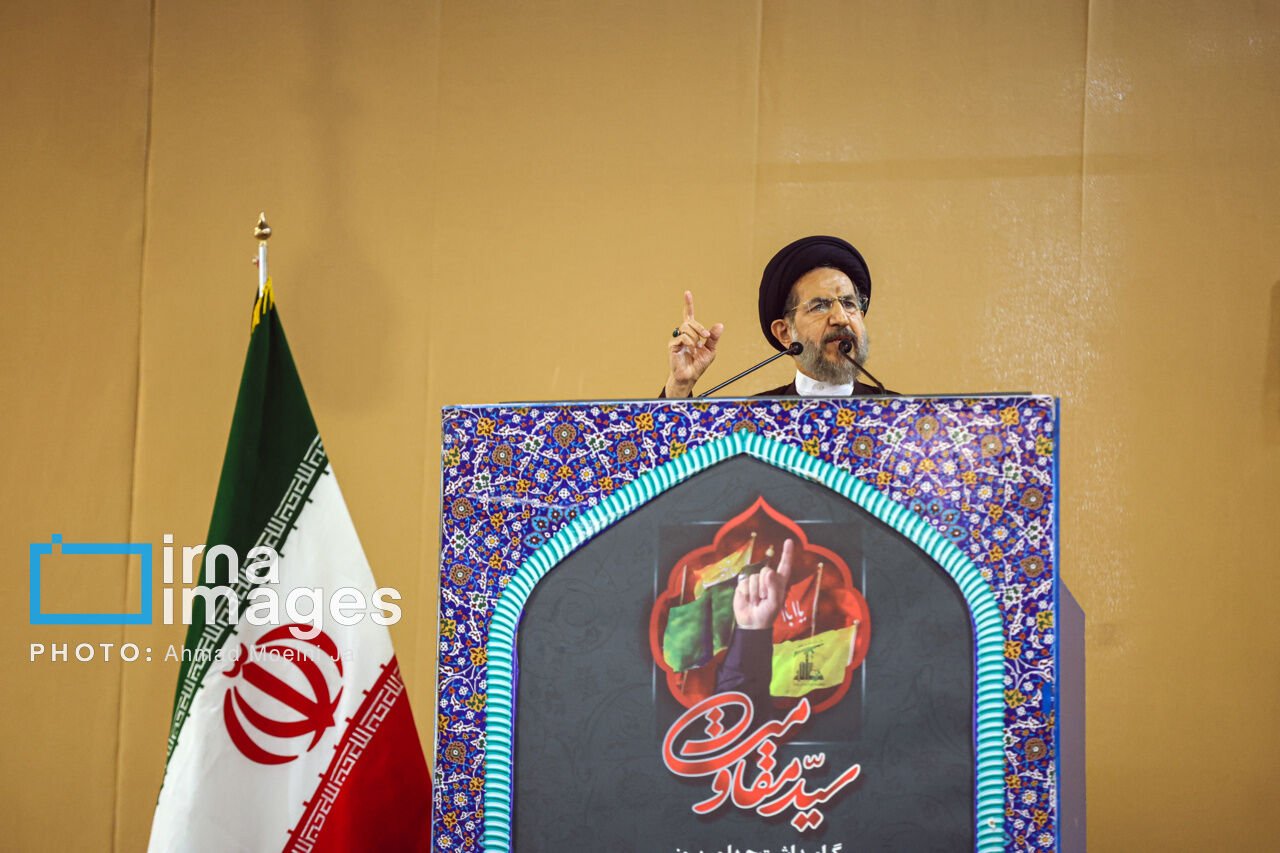“The U.S. Must Abandon New Attack Plans if It Wants Nuclear Talks” — Iranian Deputy Foreign Minister Ravanchi
[Tehran, June 30, 2025]
The United States must abandon plans for new military attacks if it hopes to resume any nuclear negotiations — so said Iran’s Deputy Foreign Minister Majid Takht-Ravanchi in a special interview with the BBC.
“If the United States is truly interested in talks, then it must first stop threatening us with attacks,” Ravanchi stated.
According to him, intermediaries have already conveyed the Trump administration’s interest in returning to the negotiating table. However, he questioned the sincerity of such moves: “If we are in the middle of talks, will they attack again? Is that what they call diplomacy? This is nothing short of jungle law.”
Ravanchi reaffirmed that Iran’s uranium enrichment program is for peaceful purposes only and categorically rejected allegations that the country is covertly pursuing nuclear weapons. He claimed that Iran was forced to advance its own capabilities after being denied access to international research and cooperation for years.
He added, “We are open to discussions on the level of uranium enrichment. But if someone says: ‘You can’t have a program at all, and if you don’t comply, we’ll bomb you’ — that’s just aggression and bullying.”
U.S. and Israeli Attacks: Iranian Response and Damage Assessment
Following an Israeli military operation on June 13, the United States launched attacks on Iran’s nuclear sites at Fordow, Natanz, and Isfahan during a 12-day conflict. Iran responded with missile strikes of its own. However, whether those U.S. strikes effectively destroyed Iran’s nuclear infrastructure remains uncertain on the global stage.
Rafael Grossi, Director-General of the International Atomic Energy Agency (IAEA), stated that although the strikes caused significant damage, Iran’s nuclear capability was not fully destroyed. He noted that Iran could potentially resume enrichment within a few months.
IAEA Cooperation Suspended, Trump Issues New Warning
Iran’s parliament recently passed a proposal to suspend cooperation with the IAEA, accusing the agency of aligning with the United States and Israel. Meanwhile, President Trump warned that if Iran’s uranium enrichment reaches “concerning levels,” he would again consider military action.
Ravanchi expressed disappointment over what he described as “laughable support” by certain European leaders for the recent U.S. and Israeli attacks. “Those blaming Iran should instead criticize the aggression by America and Israel,” he said.
Future of Talks and Ceasefire Uncertain
Ravanchi emphasized that Iran does not seek war, and remains committed to diplomacy and dialogue. At the same time, he issued a clear warning: “We must remain vigilant. We must be prepared. We cannot afford to be caught off guard again.”
He noted that some of Iran’s Arab allies are working behind the scenes to create a suitable environment for renewed talks. However, no formal date for negotiations has been set, and there is still no clarity on the agenda.
Under the 2015 nuclear deal (JCPOA), Iran was allowed to enrich uranium up to 3.67% and had committed to halt enrichment at the Fordow site for 15 years. But in 2018, President Trump unilaterally withdrew from the agreement and reimposed sanctions, unraveling years of delicate diplomacy.


